The Unmatched Hospitality of the Kiwi Experience
Cultivating a Unique Visitor Experience Rooted in Culture, Adventure, and Pristine Landscapes
In New Zealand, a nation celebrated for its natural beauty and rich Māori culture, the tourism & hospitality sector stands as a vital engine that proudly highlights its national identity.
However, this sector isn’t just the cultural gem of the nation; it’s also one of its economic drivers.
The New Zealand Minister of Tourism & Hospitality expresses the sector’s importance well, saying, “The New Zealand government is very much focused on economic growth, and we know that tourism is a significant part of how we grow our economy.”
New Zealand’s tourism & hospitality sector is a testament to the country’s demonstrated effectiveness in leveraging its most unique strengths to attract and captivate global visitors.
Despite the far-away yet still lingering effects of the COVID-19 pandemic on tourism throughout the world, New Zealand has done a remarkable job in revitalizing itself, as evidenced by its significant increases in international expenditure since then.
The country’s recovery has been fueled by targeted campaigns focused on neighboring countries, as well as proactive showcasing of its lush biodiversity conservation efforts and unique landscapes.
Concurrently, New Zealand’s visitor appeal is meticulously cultivated through unparalleled hospitality and authentic cultural immersion.
The country is not just beautiful; as Upston expresses, its people are “incredibly friendly, warm, and welcoming.” A cornerstone of this appeal is the Māori culture, woven into the very fabric of the visitor experience from airport arrivals to unique Māori tourism businesses.
These enterprises not only contribute significantly to the economy but also educate visitors about local legends and history. Apart from that, the untapped potential of New Zealand’s food and wine sector further diversifies its allure, proving that its effectiveness extends beyond natural wonders.
With such a compelling blend of natural grandeur, cultural depth, and economic acumen, New Zealand isn’t just a destination; it’s an experience designed to enchant and transform.
The Unmistakable Kiwi Allure: Nature and Nurture
New Zealand stands as a fine example of the power of a strong visitor economy within a robust national growth strategy.
Tourism in New Zealand is not merely an industry; it is the second largest export, a position it held both before and after the recent global challenges.
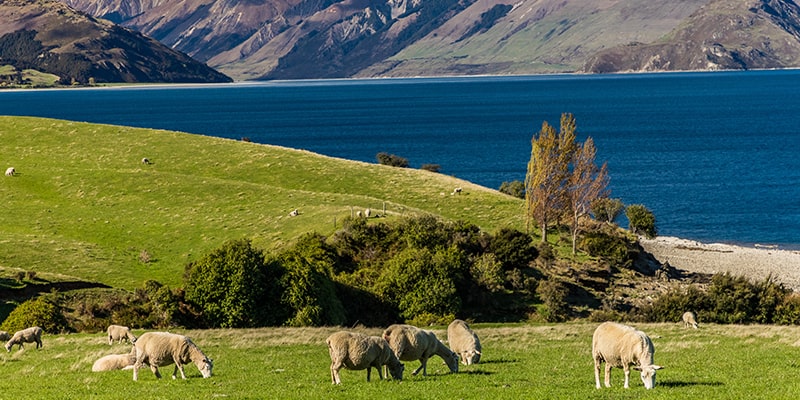
Since the passing of the pandemic, the country has observed a significant resurgence in the last year. “We’ve seen a strong recovery in the last 12 months; so, in terms of international expenditure, we’ve seen an increase of 60%,” Upston explains.
While visitor numbers currently sit at 85% of pre-COVID levels, it’s undeniable that the country is quickly returning to its former levels of visitor activity.
To bolster this resurgence, New Zealand is actively engaging in revitalization efforts, notably a targeted campaign aimed at its “Australian friends and cousins” to encourage increased visitation from its closest neighbor.
One of the key ways of doing that has been the strategic investments being made in biodiversity to protect the natural environment that serves as a primary draw for visitors.
“So many people visit New Zealand because of conservation in our natural environment, so it’s important for us to continue investing in our biodiversity, as well as investing in our Great Rides, which is a network of bike trails throughout the country,” Upston explains.
The development of the “Great Rides” network of bike trails complements the established “Great Walks,” offering unique access to breathtaking landscapes that would be otherwise inaccessible.
This is just another one of many ways for visitors to experience the country in immersive new ways, because what truly sets New Zealand apart as a “must-visit” destination is its extraordinary natural environment.
“One of the things people often talk about in terms of visiting New Zealand is the amazing land… So, whether people are walking, hiking, biking, or fishing, we have a lot of our beautiful outdoors that people can access quite quickly once they visit,” Upston says.
A cornerstone of this unique visitor experience is the rich Māori culture and traditions, which are an integral part of the nation’s identity and tourist offering. You quite literally can’t experience the Māori culture in any other country than New Zealand.
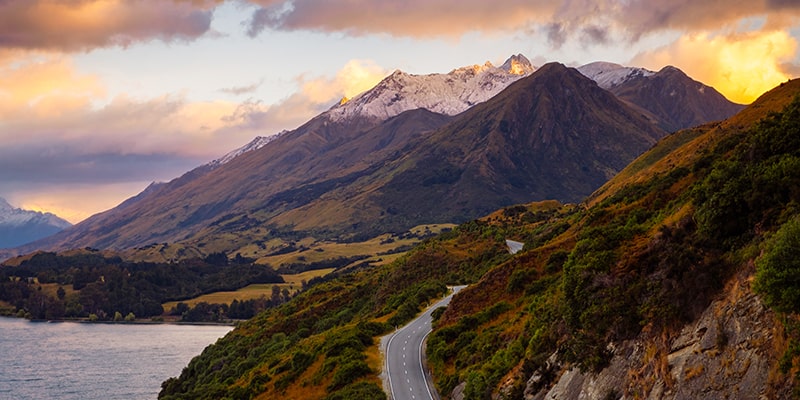
From the moment visitors arrive at any New Zealand airport, they are immediately immersed in the cultural elements of the indigenous population. And Te Reo Māori, simply known as Te Reo, is one of the three official languages recognized by the country, along with English and sign language.
So, anyone visiting will inherently be exposed to the country’s unique linguistic tapestry. This cultural immersion—from the visible presence in airports to engaging with Māori tourism businesses—offers a one-of-a-kind experience, adding profound depth to a trip to New Zealand.
Treading Responsibly on Precious Lands
New Zealand is profoundly committed to environmental responsibility and the principles of ecotourism.
The overarching philosophy is that while visitors are encouraged to enjoy the country’s pristine environment, they must also “tread lightly” upon it.
“We’re very conscious that our environment is precious, and so we want to ensure that visitors come and enjoy it, but also that they understand the steps we take as a country to preserve it,” Upston says, explaining that the approach to sustainability in tourism is multifaceted.
In many significant locations, visitors are provided with extensive information about the history of the site and the ongoing efforts to conserve it.
For instance, at sites like the glaciers, educational materials explain how these natural wonders have changed over time, fostering a deeper appreciation and understanding of environmental shifts.
In certain ecologically sensitive areas, the commitment to preservation extends to restricting visitor numbers at specific times.
This managed access ensures that the most special and fragile places retain their natural integrity, allowing for long-term conservation.
This blend of education and regulation aims to strike a delicate balance: encouraging visitors to experience the beauty of New Zealand while simultaneously instilling a shared responsibility for its protection.
The educational aspect is seen as adding an invaluable layer of appreciation for the environment, enhancing the overall visitor experience beyond mere sightseeing.
However, for those visitors who want an experience beyond sightseeing, New Zealand also offers a wide range of culinary and adventurous experiences.
For those looking to experience the heart of New Zealand, a crowd favorite destination is Lake Taupō, located in the center of the North Island.
This beautiful lake offers a captivating backdrop of snow-capped mountains and provides easy access to a range of activities, including skiing, trout fishing, and jet boating.
Visitors can also marvel at the wonder of the Huka Falls and rejuvenate in geothermal mineral bathing spots, offering benefits for both body and soul.
As an insider tip for tourists planning a trip, while many visitors use New Zealand’s cities primarily as transit points to reach other towns and regions, Upston recommends spending time exploring the cities themselves.
Auckland, Wellington, and Christchurch, in particular, offer amazing experiences that are often overlooked.
Giving her take on the matter, Upston also comments, saying, “I think our food and wine sector is a very untapped part of New Zealand’s market.”
While its adventure tourism is globally renowned, the food and wine sector represents a significant area of growth potential.
New Zealand produces some of the world’s finest wines, with regions like Hawke’s Bay on the North Island and Marlborough at the top of the South Island particularly celebrated for their Sauvignon Blanc.
Beyond wine, the country boasts a strong culture of creating fantastic food, offering an amazing array of restaurants and cafes in every city and town. This culinary excellence is seen as a unique offering that, despite its high quality, could benefit from more prominent promotion.
However, for those seeking thrills, New Zealand remains the birthplace of the bungee jump, a quintessential “must-do” for adventurous visitors.
The invention of the jet boat engine also solidified New Zealand’s reputation for innovation in adventure, with jet boating on its lakes and rivers becoming a popular attraction.
Other activities range from exhilarating speed-based experiences to more tranquil pursuits like trout fishing.
The Future of Tourism: Human Connection and Storytelling
In a post-COVID world, the trajectory of tourism in New Zealand is shaped by a nuanced understanding of evolving traveler expectations.
“One of the things, post-COVID, that people are looking for is more human interaction. So, while we’ve got to be innovative to drive productivity in tourism and hospitality, I think the thing that people still look for is that person-to-person contact,” Upston explains.
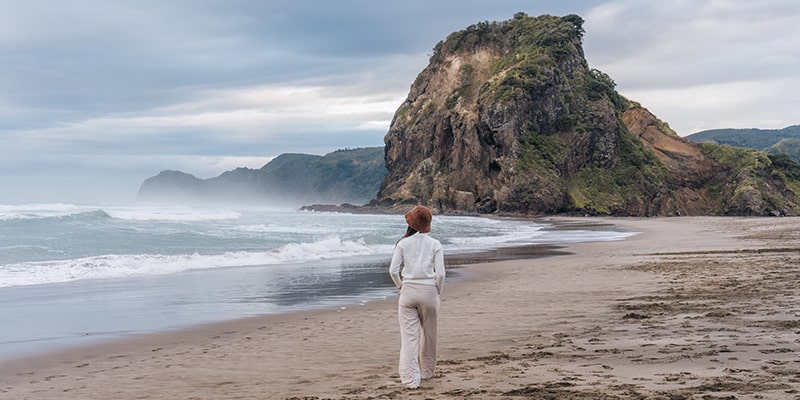
Fortunately, a distinctive characteristic of many New Zealand experiences, whether adventurous or cultural, is their often smaller group sizes, creating a more intimate and personal encounter for visitors.
This pairs particularly well with the style observed in Māori tourism businesses, which leverages the power of storytelling. These excursions expertly weave the special histories, legends, and cultural narratives of a place into the visitor experience.
“It’s a great way to be able to educate and teach visitors while they explore extraordinary sites like caves or geothermal hot pools,” Upston says, adding that the focus on less crowded interactions amplifies the depth of the interactions between visitors.
The future of New Zealand’s tourism sector hinges on adapting to key challenges, which include growing the tourism and hospitality workforce by employing more New Zealanders and diligently protecting the country’s unique environmental attractions for an increasing number of visitors.
Moreover, the increasing involvement of Māori-owned enterprises, such as Ngāi Tahu, a large holding in tourism businesses, and other Iwi organizations, is set to bring an even more unique cultural component to the visitor experience, solidifying New Zealand’s distinctiveness on the global stage.
With everything mentioned, the question is: what deeper secrets lie within this enchanting land?
To this question, Upston gives a simple yet profoundly inviting answer, saying, “Don’t hesitate, if you’re thinking about coming to New Zealand, come and see us. We promise it’ll be a wonderful visit.”
At a Glance
Who: New Zealand Tourism & Hospitality
What: The tourism and hospitality sector in New Zealand, known as a powerhouse of cultural storytelling, ecological stewardship, and visitor engagement.
Where: New Zealand’s tourism offerings stretch across both the North and South Islands, from major cities like Auckland, Wellington, and Christchurch to natural wonders like Lake Taupō, Huka Falls, and Marlborough’s vineyards.
Website: www.parliament.nz/en/mps-and-electorates/members-of-parliament/upston-louise/

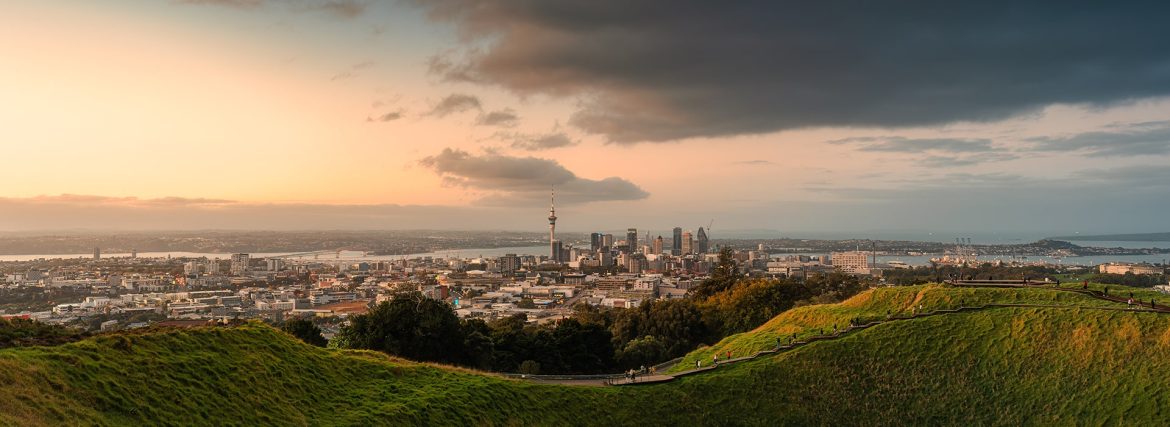
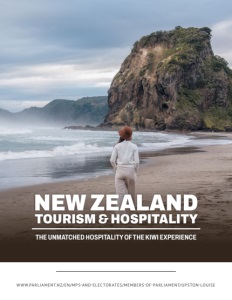

 This information will never be shared to third parties
This information will never be shared to third parties